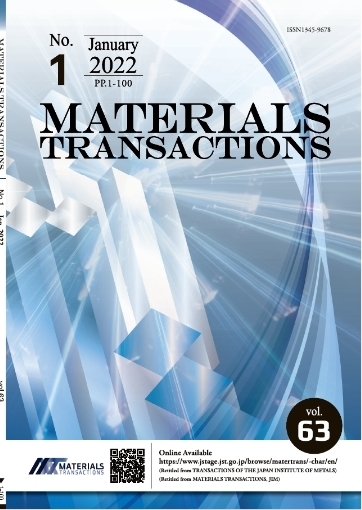TD-DFT Studies on Hematoporphyrin and Its Dimers
A. Suvitha, R. V. Belosludov, H. Mizuseki, Y. Kawazoe, M. Takeda, M. Kohno, N. Ohuchi
pp. 2416-2419
Abstract
A theoretical study has been performed on a hematoporphyrin and its dimers which are components of Photofrin, a photosensitizer. Full geometry optimizations have been carried out using the PBEPBE functional and 6-31G(d) basis set. This combination gives better agreement with X-ray crystal data of porphyrin. Among the dimers studied, the C–C linked structure is found to have the highest stability. The predicted change of free energy (ΔG=−13.9 kcal/mol) suggests that the interconversation of ester to ether would be thermodynamically favorable. The time-dependent density functional theory (TDDFT) studies show that Q-band absorption maxima undergo a less intense transition and low oscillator strength, indicating that dimers have activity when treated under higher dosage.
Readers Who Read This Article Also Read
MATERIALS TRANSACTIONS Vol.49(2008), No.1
MATERIALS TRANSACTIONS Vol.49(2008), No.10
MATERIALS TRANSACTIONS Vol.49(2008), No.10










